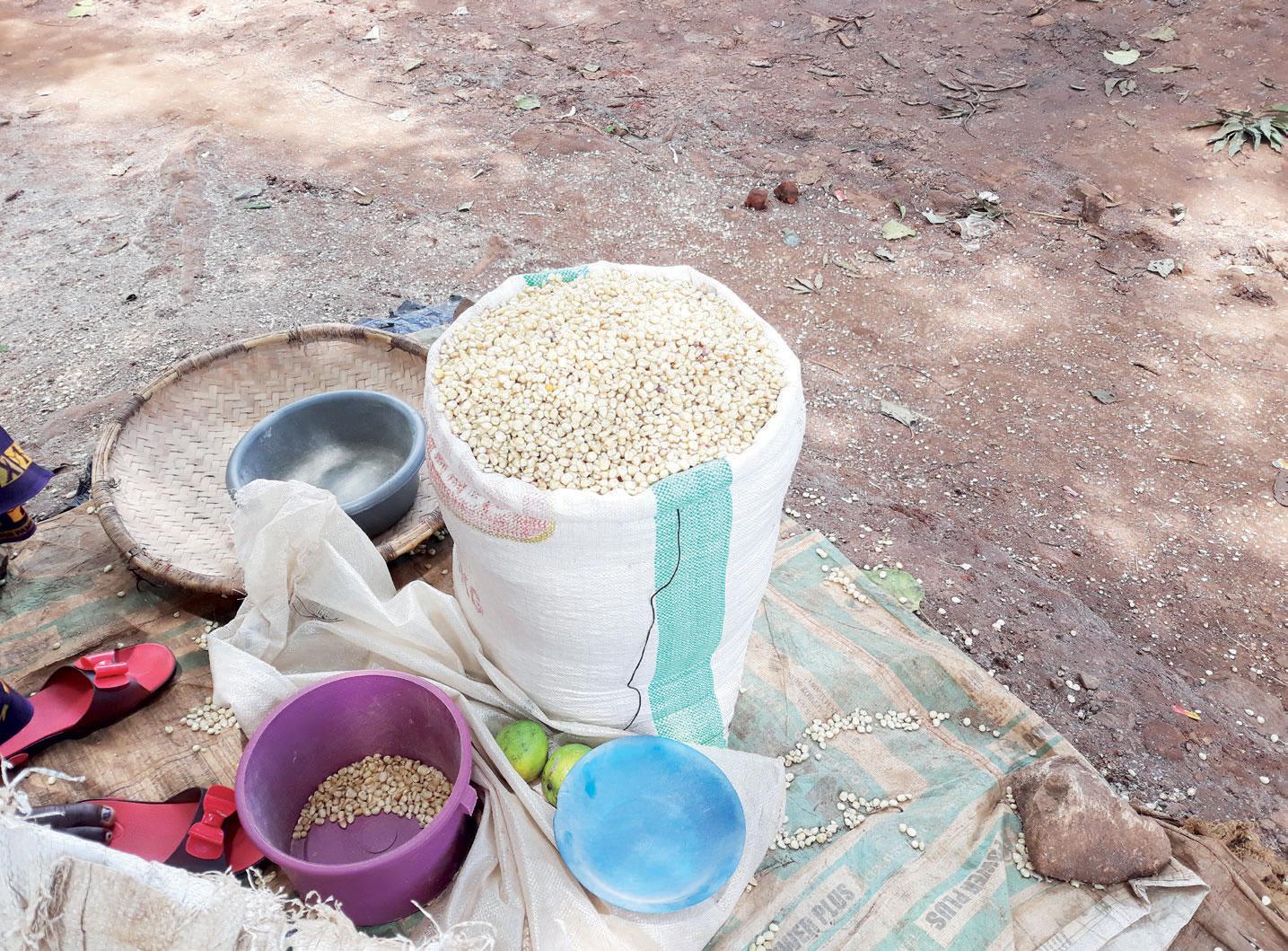Africa-Press – Malawi. By Benadetta Chiwanda Mia:
Malawi’s year-on-year inflation rate eased slightly to 27.1 percent in June 2025, down from 27.7 percent recorded in May, according to the latest Consumer Price Indices (CPI) report published by the National Statistical Office (NSO).
The report shows that food inflation—a key driver of headline inflation— declined to 31.6 percent in June from 32.7 percent in May.
Meanwhile, non-food inflation remained relatively stable, ticking up marginally to 20.1 percent from 20 percent during the corresponding period.
On a month-to-month basis, the national inflation rate stood at 1.9 percent in June.
Food prices rose by 2.3 percent while non-food prices increased by 1.4 percent.
“The urban month-to-month inflation rate was 2.4 percent. Urban food and non-food inflation stood at 2.9 percent and 1.8 percent, respectively. In rural areas, the month-to-month inflation rate was 1.7 percent, with rural food inflation at 2.0 percent and non-food at 1.2 percent,” the report reads.
Bertha ChikadzaMeanwhile, Economics Association of Malawi (Ecama) President Bertha Bangara Chikadza has said the easing in inflation reflects improved post-harvest food supply, particularly for maize and legumes.
“The June inflation figures show a tentative but encouraging deceleration, providing a glimmer of hope—especially in food prices, which have been the main driver of headline inflation over the past year,” she said.
However, she warned that non-food inflation remains stubborn, driven largely by persistent fuel costs, rising electricity tariffs and imported goods affected by the depreciating Kwacha—a factor contributing to imported inflation.
“The next few months will test the country’s ability to contain inflation and balance macroeconomic stability with political and social pressures,” Chikadza said.
Economist Velli Nyirongo echoed the sentiments, noting that the Reserve Bank of Malawi’s tight monetary stance has helped curb excessive money supply growth and reinforce price stability.
“Looking forward, I anticipate the downward trend in inflation to continue through 2026. However, the speed of further reductions will depend on sustained improvements in food supply, resilience in external accounts, and ongoing commitment to sound fiscal and monetary strategies,” Nyirongo said.
For More News And Analysis About Malawi Follow Africa-Press






